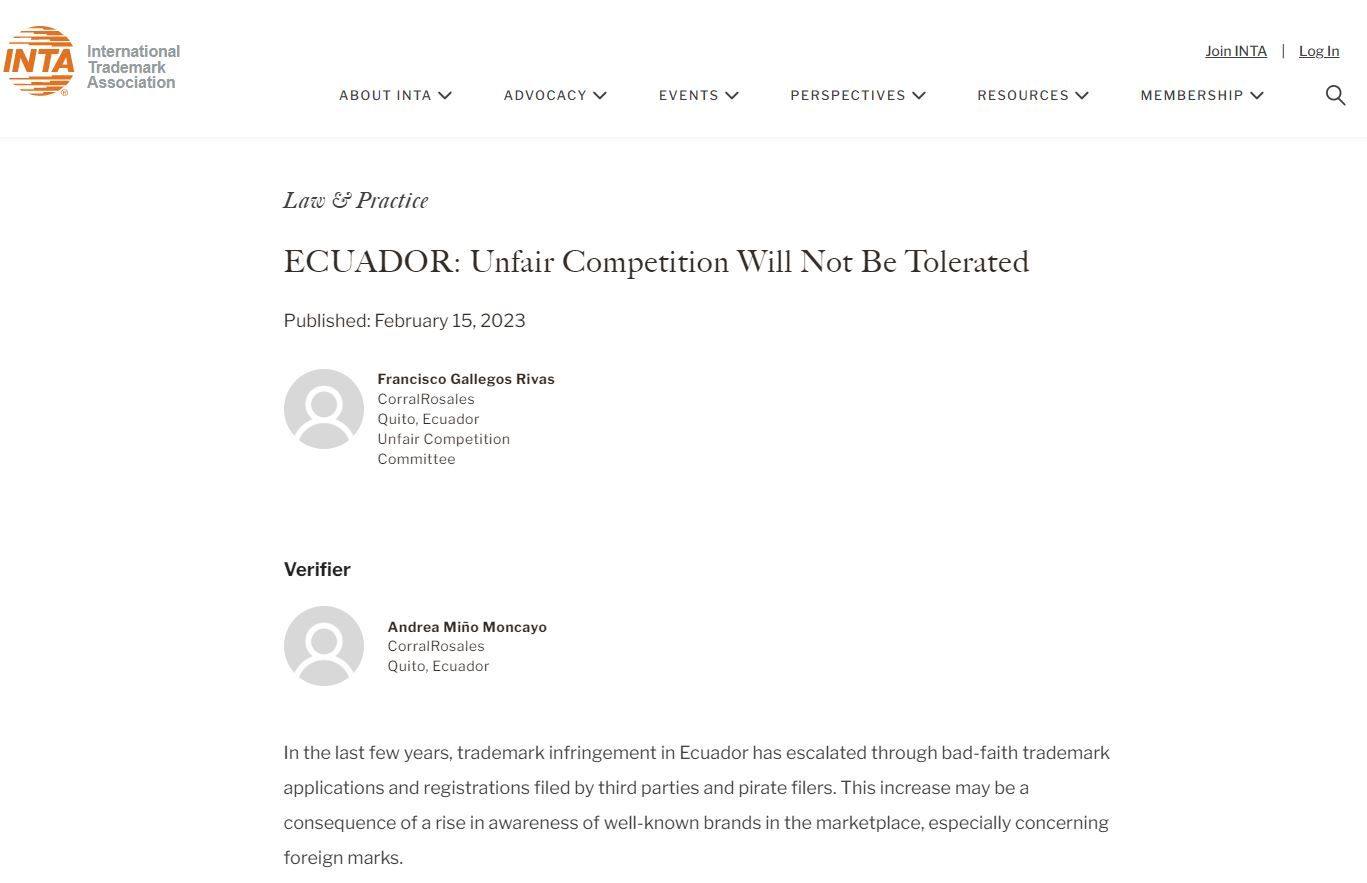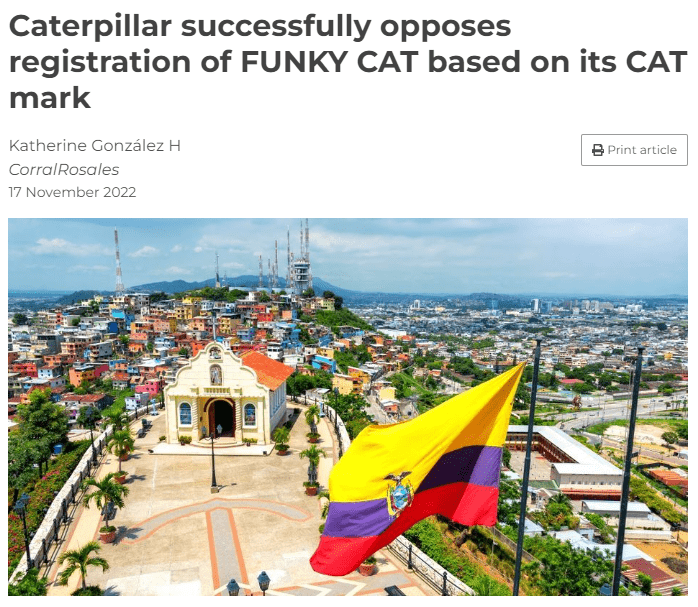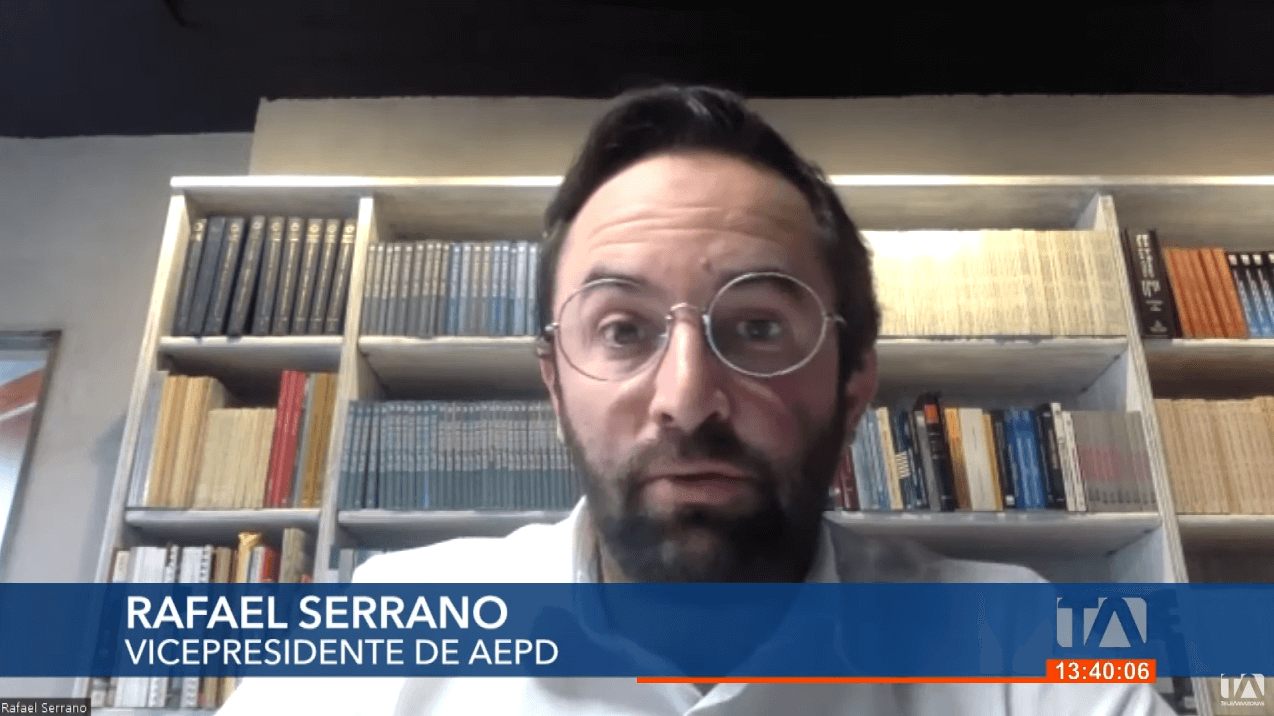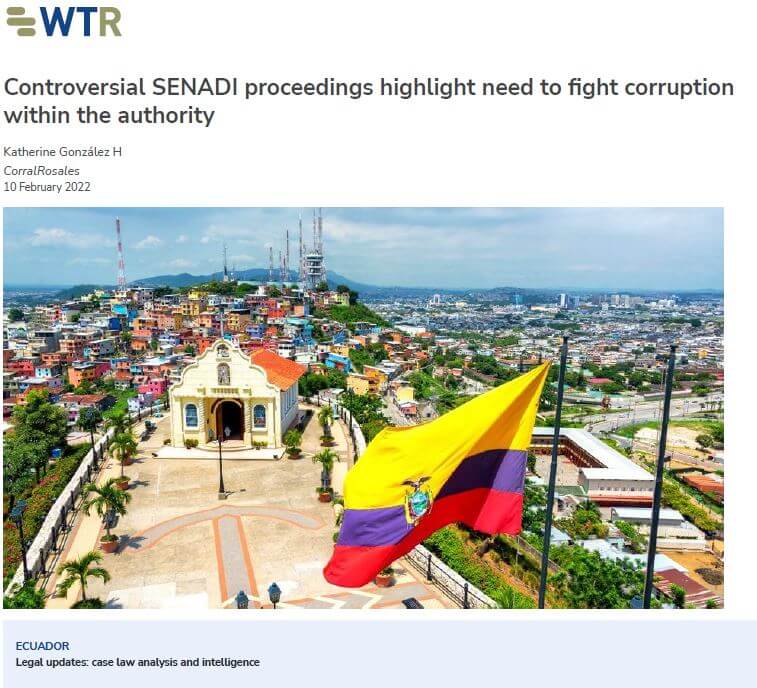DETAILS
It is no secret that, in recent years, trademark infringement in Ecuador has intensified through bad faith trademark applications and registrations filed by third parties and counterfeiters. What is the reason for this increase? Our partner Francisco Gallegos explains in a new article written for the International Trademark Association (INTA) that it may be due to the fact that there is now a greater awareness of well-known trademarks in the market, especially with regard to foreign trademarks.
Francisco Gallegos explains in his article that in Ecuador unfair competition will no longer be tolerated and will be punished. To this end, he analyzes a specific case: on August 3rd of last year, “an appeal (file number OCDI-2019-055-AN), filed by Baldoré Cía. Ltda, the National Service of Intellectual Rights (SENADI), issued a groundbreaking pioneer decision by determining that the trademark DON CASTELÓ SPECIAL and the design granted in favor of Coello & Coello Coelcem Cía. Ltda. were null and void for having been obtained to perpetuate, facilitate, or consolidate an act of unfair competition, taking advantage of the prestige and position achieved by the legitimate owner”. It also adds that there were “reasonable grounds” to establish that this registration contravened the Common Regime on Intellectual Property of the Andean Community (Decision 486), as well as the principles of legal competition and good faith.
Baldoré Cía. Ltda. had not registered its trademark DON CASTELÓ in Ecuador; however, it did provide evidence of marketing authorizations and invoices that demonstrate the availability of DON CASTELÓ products in that market, as well as the sales made, and the market positioning achieved.
“Based on this evidence, SENADI concluded that the disputed registration constituted an act of unfair competition and that the improperly granted registration influenced the market by intentionally confusing the consuming public about the origin of the product, and harmed the true owner of the trademark,” Francisco explains.
It is important to keep in mind that, according to article 259 of Decision 486 of the Common Regime on Intellectual Property of the Andean Community, “any act that could create confusion among consumers in the market would be considered an act of unfair competition”. Therefore, since both parties are in direct competition, it would be a mistake to maintain the registration of the trademark since this would create confusion amongst consumers.
The author of the text concludes with the following perspective: “This decision is groundbreaking, as SENADI rarely deals with unfair competition issues and in limited cases has protected unregistered trademarks, as in this case (Ecuador has a first-filing jurisdiction). As one of the first decisions in Ecuador to address the issue and punish a bad-faith registration, SENADI sets an important precedent for trademark protection”.










